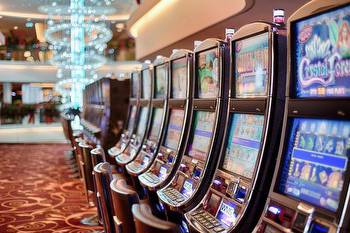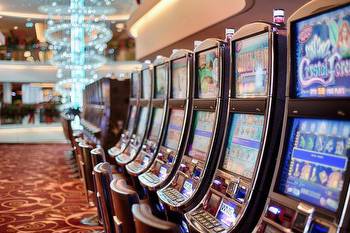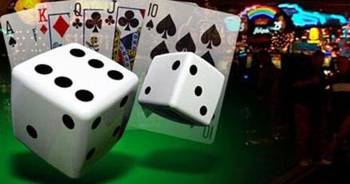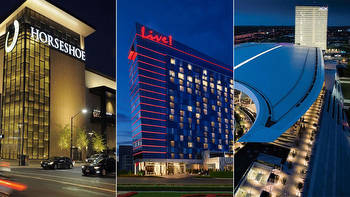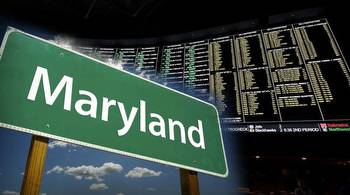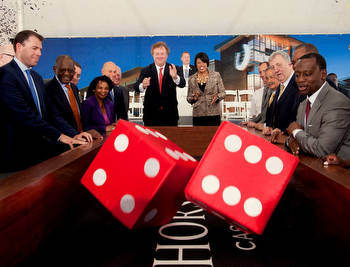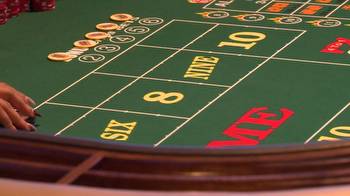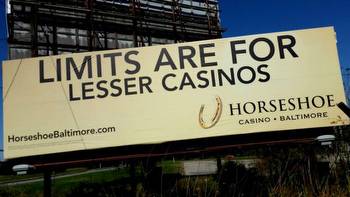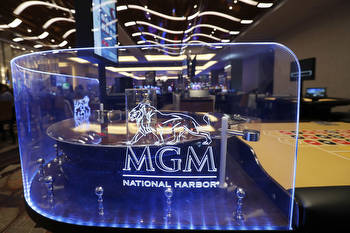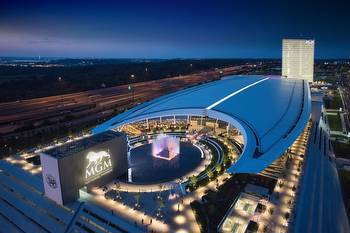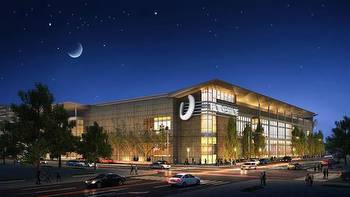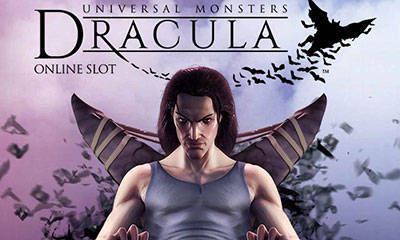Horseshoe Baltimore left in the dust as competitors gain ground
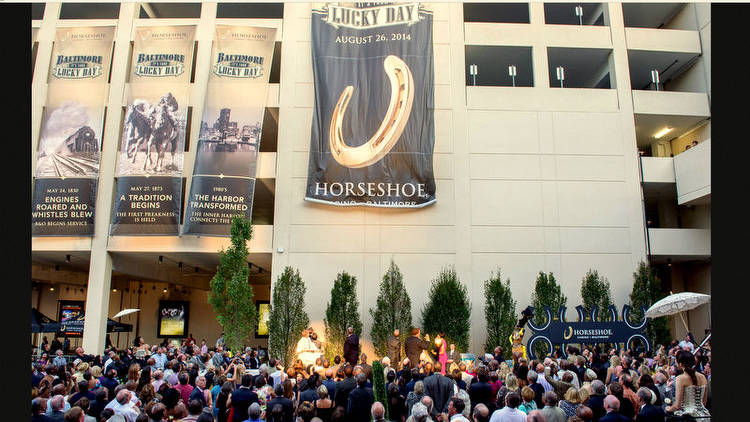
With Covid restrictions loosened, five of Maryland’s six casinos reported some of their best returns ever last month, totaling $162.1 million, the State Lottery and Gaming Control Agency reported today.
The exception was Baltimore’s Horseshoe Casino, whose revenues remained flat compared to April 2019. (All of the casinos were closed last April to reduce the spread of the coronavirus; they began restricted re-openings in June.)
The Russell Street gambling house reported revenues of $19.7 million, a decrease of $1,350 from the total in April 2019.
By comparison, Live! Casino (formerly known as Maryland Live) reported $58.2 million in revenues, up 22% from April 2019, according to statistics released by the gaming commission.
Horseshoe was limited last month to 50% capacity by order of Mayor Brandon Scott. Live! Casino, while not facing those constraints, still had to reduce seating to meet social-distancing guidelines.
Under the same 50% restrictions, MGM National Harbor in Prince George’s County reported a 2.5% rise in revenues over April 2019.
Receipts at the state’s other three gaming emporiums – Hollywood Casino in Perryville, Ocean Downs outside of Ocean City and Rocky Gap Casino in Garrett County – were 36%, 30% and 19%, respectively, ahead of April 2019.
Moody’s Analysis
Last month’s results were in keeping with the structural pressures that plagued the Baltimore casino even before it was impacted by the pandemic.
If the expansion of Live! Casino and the opening of MGM National Harbor were not enough, Horseshoe’s location, surrounded by gas stations, warehouses and an aging motel, placed it at a competitive disadvantage, notes an analysis by Moody’s Investor Services.
As a “small, single property, geographically concentrated” business, operations are hobbled by insufficient scale. Add to that evolving consumer preferences that look to “drive demand away from traditional casino-style gaming,” and Horseshoe’s predicament becomes apparent, according to Moody’s.
Offsetting these difficulties is the population density of the Baltimore-Washington, D.C., region. “Eventually,” Moody’s predicts, the market will absorb the new supply of gambling from MGM and Live! Casino.
This could mean a slow recovery for the 122,000-square-foot gaming hall, whose revenues began slipping relative to Live! Casino within a year of its opening in 2014. (Initially, city officials bragged that Horseshoe would overtake the older Anne Arundel County casino. Instead, the latter added table games and slots, built a hotel and now has triple Horseshoe’s revenues.)
Last month, Horseshoe reported $14.1 million in slot machine revenues, of which $7.6 million (54%) went to the state Education Trust Fund, local impact grants and other public programs, and $6.5 million (46%) to the casino.
Table games earned $5.6 million, of which $4.4 million (80%) was pocketed by CBAC Gaming LLC, the casino owner.
The company is majority owned by Caesars Entertainment and an affiliate of Quicken Loans co-founder Dan Gilbert.
Other investors include Caves Valley Partners, racetrack owner Stronach Group and Baltimore investor Theo C. Rodgers.









